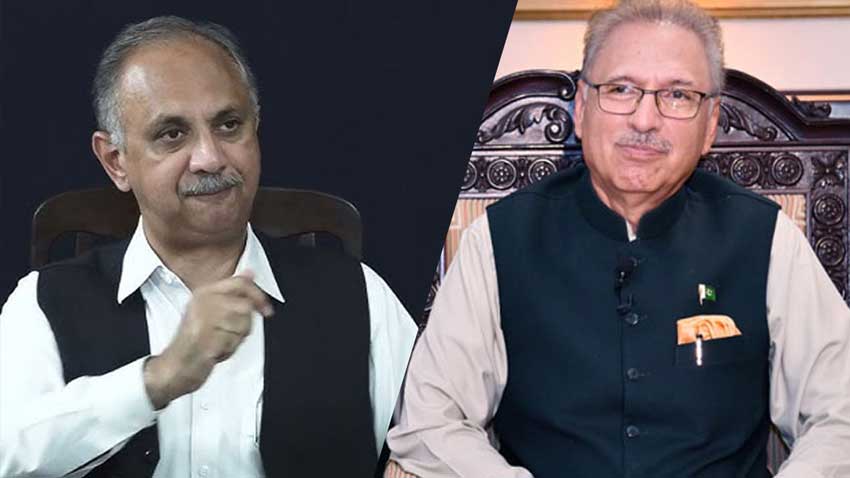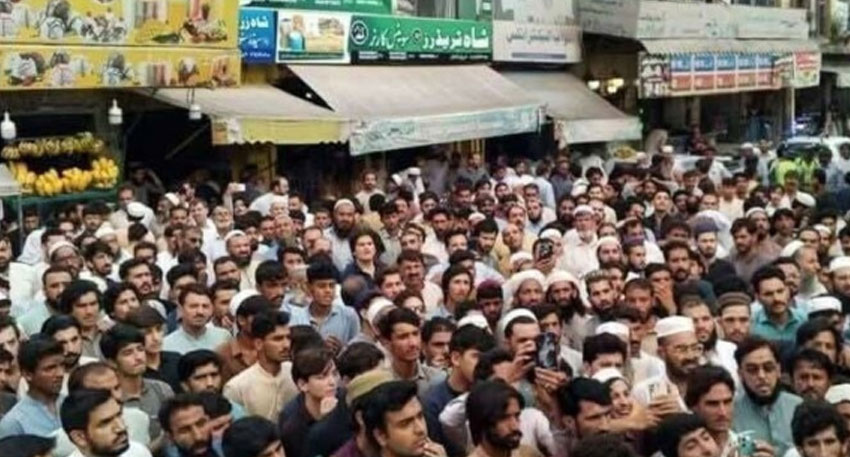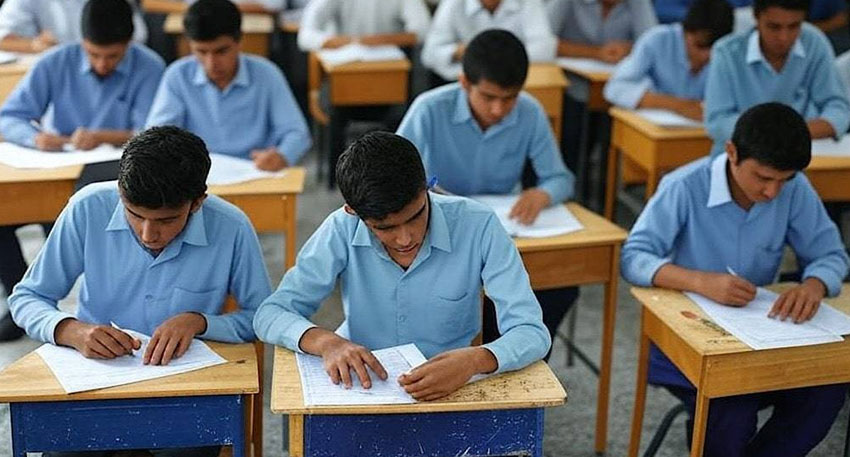
An anti-terrorism court in Rawalpindi has issued warrants in three separate cases related to the November 26 protest, targeting those who have not yet been arrested.
Sources said that special police teams have already been formed to apprehend the accused. These teams are expected to begin conducting raids starting today, raising concerns among PTI supporters.
The list of accused includes notable political figures such as former President Arif Alvi, Khyber Pakhtunkhwa Chief Minister Ali Amin Gandapur, National Assembly Opposition Leader Omar Ayub, and former Speaker Asad Qaiser.
Also named in the arrest warrants are former Federal Minister Hammad Azhar, Shahid Khattak, Khalid Khurshid, Faisal Amin, Wahab Alvi, Shehryar Riaz, and other prominent PTI leaders.
This action comes just a day after the Anti-Terrorism Court in Sargodha sentenced Punjab Assembly Opposition Leader Malik Ahmad Khan Bhachar to 10 years in prison in a May 9 case.
Read more: PM Shehbaz stops power ministry to change net-metering rules
Meanwhile, in Lahore, another anti-terrorism court sentenced former provincial ministers Dr. Yasmin Rashid, Mian Mehmood-ur-Rasheed, former Punjab Governor Omar Sarfraz Cheema, and Senator Ejaz Chaudhry to 10 years each for their alleged involvement in arson at Sherpao Bridge on May 9. Former Foreign Minister and PTI Vice Chairman Shah Mahmood Qureshi, however, was acquitted in the same case.
This sweeping legal crackdown on top PTI leadership marks a critical moment in Pakistan’s political landscape. With high-profile names being targeted and arrests imminent, it suggests a firm government stance on post-May 9 violence and protest-related cases. The verdicts and new warrants also hint at broader legal strategies ahead of political transitions, and could influence the public discourse around political accountability, justice, and the role of opposition in the country.




